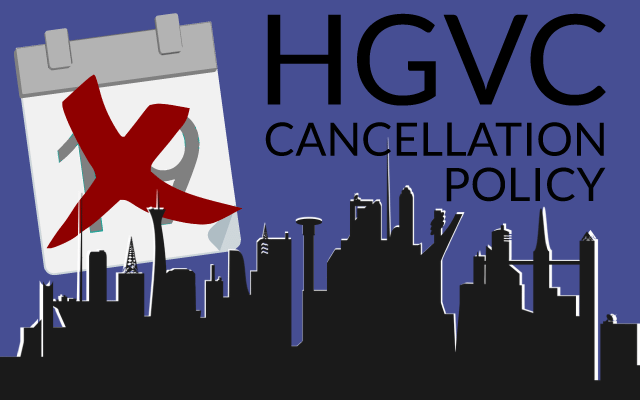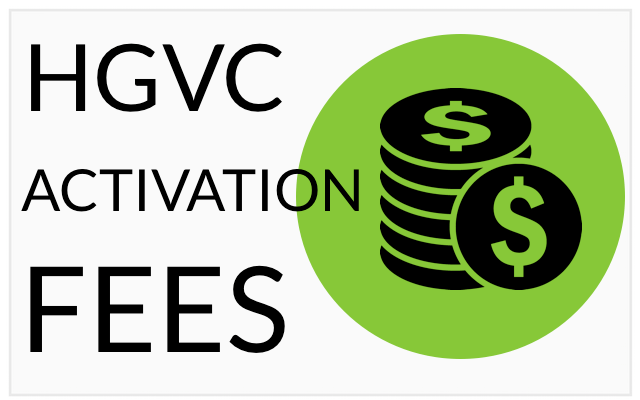Avoid dealing with non-licensed timeshare brokers. Protect your assets and deposits by doing your due diligence.
Denver’s District Attorney, Mitch Morrisey has issued a statement warning consumers of the dangers of these sell my timeshare now scams that pray on the desperation of owners. Earlier this month a woman from St. Louis was sentenced to a 16-year sentence and multiple fines for stealing over 30 million dollars through an over-the-phone timeshare scam. Former employees of her company started a spin-off company and scammed thousands more, they are currently being prosecuted separately.
Morrisey is quoted: “Victims, particularly those eager to sell their interests in timeshare properties, are being contacted by people claiming to be timeshare buyers who are making sizable offers that may or may not require an upfront fee.”
Many of these scams will ensure the owner that they have a buyer with an offer on the table for much higher than the current resale value of the ownership. Many owners will be enticed into paying an upfront closing cost or listing fee and end up losing the money.
In some cases, owners will be propositioned to relinquish the points or credits from their account in order to pay for the listing fees. This not only robs the owner of the money they paid in maintenance to receive the usage but when the (generally non-licensed) broker cannot sell the ownership, the seller’s property is seriously devalued.
Morrisey issued the following tips for avoiding timeshare scams:
• Never agree to anything over the phone or email, if you didn’t initiate the contact.
• Use only licensed real estate agents. For out-of-country locations, contact the American Resort Development Association (ARDA) at 202-371-6700.
• Always request a contract in writing, including refund policies. In California, consumers have seven calendar days after purchase to cancel a timeshare contract.
• For more information on timeshare resells, or if you wish to file a complaint, go to the Federal Trade Commission website.









